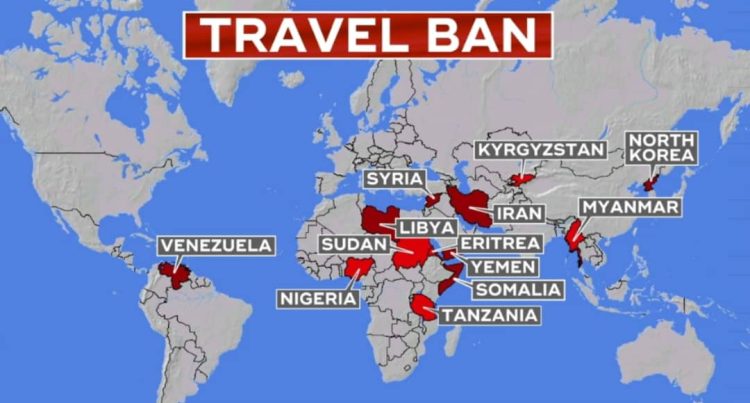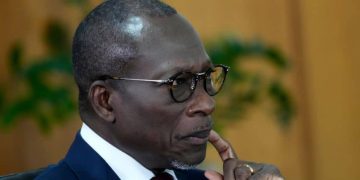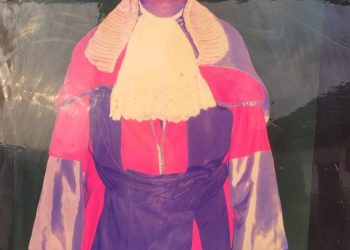The U.S. State Department’s decision last week to restrict Nigerian travelers to three-month, single-entry visas has drawn strong criticism from Nigerian Americans and immigrant communities, who are grappling with the sudden shift.
Previously, Nigerian visitors could receive five-year, multiple-entry visas, allowing frequent travel for family, business, and personal reasons.
The new restriction, part of a broader immigration clampdown introduced under the Trump administration, affects nonimmigrant and non-diplomatic travelers.
It accompanies a wider policy targeting mainly African and Middle Eastern countries, including a full travel ban on 12 nations.
Rep. Jonathan Jackson of Chicago, a Democrat and member of the House Foreign Affairs Subcommittee on Africa, condemned the policy, saying it threatens the cross-border ties that sustain both nations.
“Many have deep roots here and equally deep ties to Nigeria — family, businesses and investments,” Jackson told NBC News. “When we make it harder for them to travel back and forth, we are weakening the very bonds that enrich both our nations.”
Nigerian American advocate Bobby Digi Olisa expressed concern that the move, coupled with rising visa costs, could prevent his family from visiting him in New York, disrupting long-standing traditions.
Currently, Nigerian visa applicants pay $185 for tourist, business, student, or exchange visas. Starting October 1, an additional $250 Visa Integrity Fee will apply, subject to future increases under the Big Beautiful Bill Act.
The State Department attributed the policy change to “visa reciprocity”, claiming Nigeria does not offer equal terms to U.S. citizens. Nigerian authorities, however, rejected this assertion.
“Contrary to misinformation and fake news circulating online, President Bola Ahmed Tinubu has never stopped issuing 5-year multiple-entry visas for U.S. citizens, in accordance with bilateral agreements and reciprocity,” the Nigerian government said in an official statement.













